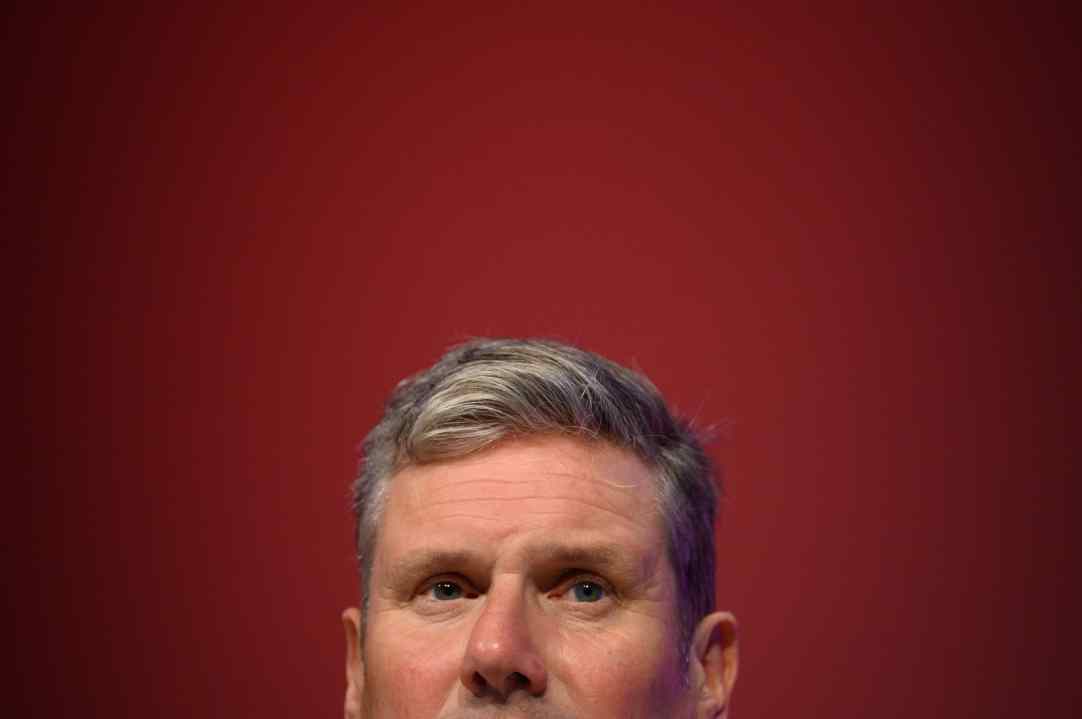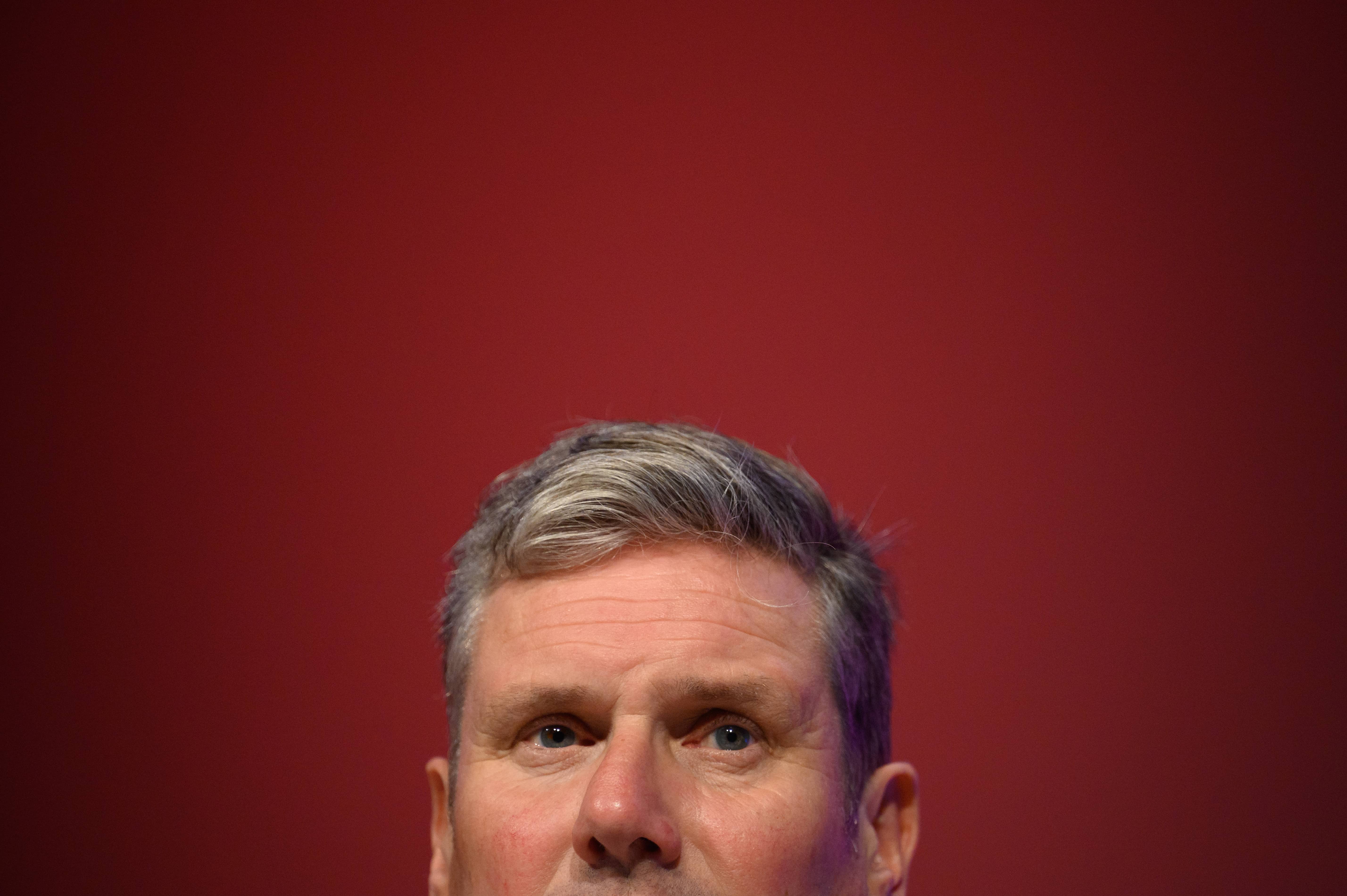Who are Keir Starmer’s big thinkers? Every political leader has them: folk who provoke them and offer a type of politics and policy that they can pick and choose from. Ed Miliband had ‘salons’ with key thinkers who he respected, David Cameron had Steve Hilton, and Tony Blair had a whole suite of colleagues working on his project in opposition. Starmer hasn’t been in politics for very long, which is one of the reasons he felt the need to write such a long essay setting out what he thinks: he doesn’t have the back catalogue of speeches and pamphlets that many other senior politicians do.
He’s not really a ‘salon’ type as Miliband was, but I understand that the former Labour leader is one of Starmer’s ‘key thinkers’, with allies saying that he continues to brim with ideas and reflections from his time at the helm. He has also published a book recently about big ideas, just to underline what he sees as being his appeal to Starmer. The two men are also good friends: Miliband was one of the people who got Starmer into the Labour movement in the first place.
He also takes a lot from the worldview of Deborah Mattinson, his director of strategy, who has herself written a book on Labour’s heartlands, Beyond the Red Wall, and Claire Ainsley, his director of policy, who is also an author of a book on winning back the working class. Mattinson’s book covered the frustration of former Labour voters that the party seemed so southern-focused and full of students. They have faith in Boris Johnson but not Labour’s leaders, who they suspect want to keep working class people down and therefore dependent on them. Similarly Ainsley argues that the working class has changed from manual jobs to ones in hospitality, retail and care. She noted that these voters were interested in family, fairness, hard work and decency: which is perhaps why the essay makes so many references to these things, albeit using what some have dismissed as platitudes.
Lisa Nandy, the shadow foreign secretary and former leadership contender, is also someone who the leader likes to listen to, though interestingly more on towns and communities than on her own brief. Britain’s place in the world barely featured in the big essay.
His deputy director of policy Stuart Ingham and Uma Kumaran both work on Starmer’s PMQs prep, as well as being thinkers who he turns to when trying to work out what to do with a policy area. Paul Ovenden, who was his deputy director of communications but now works part-time for the leader writing speeches and working on That essay, is also someone who tries to push the focus towards towns and a pride in British identity: Ovenden is working class and from Portsmouth, which is often characterised as a northern city in the south.
So is there a common thread running through all these different figures, or are they such different cooks that they’re at risk of spoiling the broth? Miliband, for instance, concluded that the Corbyn era in the party showed that he hadn’t been nearly radical enough as leader. If he had his time again, he told friends, he’d have pushed policies to be more ambitious and have worried less about the constraints of deficit reduction. Some of the work that Mattinson and Ainsley have done might seem to point to people like Miliband being part of the problem, though. Perhaps one of the figures who brings all these people and their different thoughts together is Morgan McSweeney, who is very keen on the importance of keeping the party together. He has moved to a more strategic role in recent months but remains a key influence on the leader, rather than being neutered as some of his critics hoped. Of course, keeping the party together is one thing. Giving the party something to say in unison is a much tougher challenge, and one that Starmer needs to answer this week.








Comments